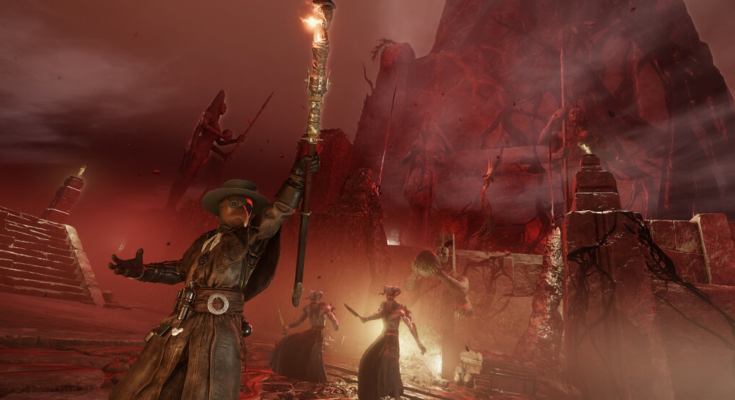One oft-cited reason for Amazon’s struggles is that the typical mind-set of big tech companies — taking an analytical approach that involves throwing money at something, scaling up and hoping for results — does not work in a fickle, artistic industry like gaming, where users are quick to criticize and slow to embrace new entrants.
“What governs Amazon, first and foremost, is this spreadsheet logic,” said Joost van Dreunen, a New York University professor who studies the business of video games. “I don’t know if a hodgepodge, creative process of creating games really fits into the corporate culture at Amazon.”
Outside of Amazon, which does not break out its gaming sales in its financial disclosures, the gaming industry has flourished, especially during the pandemic. Newzoo, a gaming analytics firm, has projected that people will spend $175.8 billion on games this year.
Amazon, of course, has found success after a slow start in producing television shows and movies. Gaming analysts suggested that Amazon could just now be figuring out the gaming business — which adds a dimension of technological skill — similar to how it took several years to land on a winning strategy in the streaming world.
“It’s about experience,” said Rupantar Guha, a gaming analyst at the analytics company GlobalData. “Although they have been slow, I think they are starting to get there.”
Mr. Hartmann, who reports to Mr. Frazzini, acknowledged that Amazon had failed in the past. When he joined the company in 2018, New World “didn’t look promising.” Crucible, he said, was meant to compete with Fortnite, one of the most popular games ever, and was “too ambitious” in scope. “In the long run, I think you learn with the defeats,” he said.
But he likened the studio to a talented yet youthful sports team that is on the rise. “You can put the best people together, but they’re not going to win the championship immediately,” he said.



